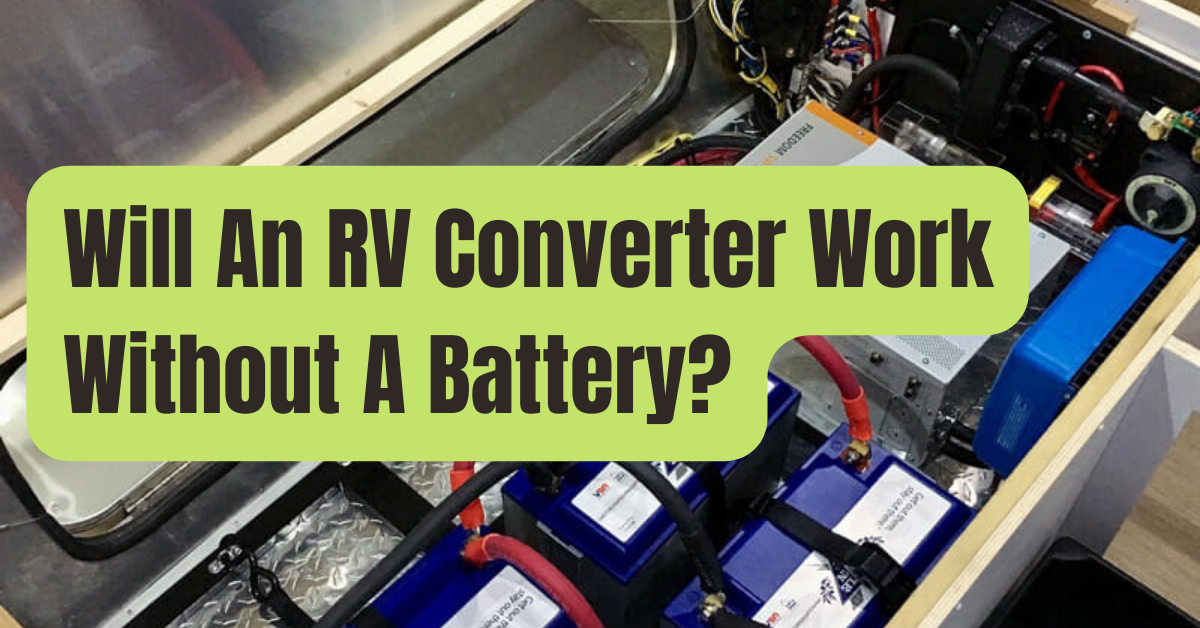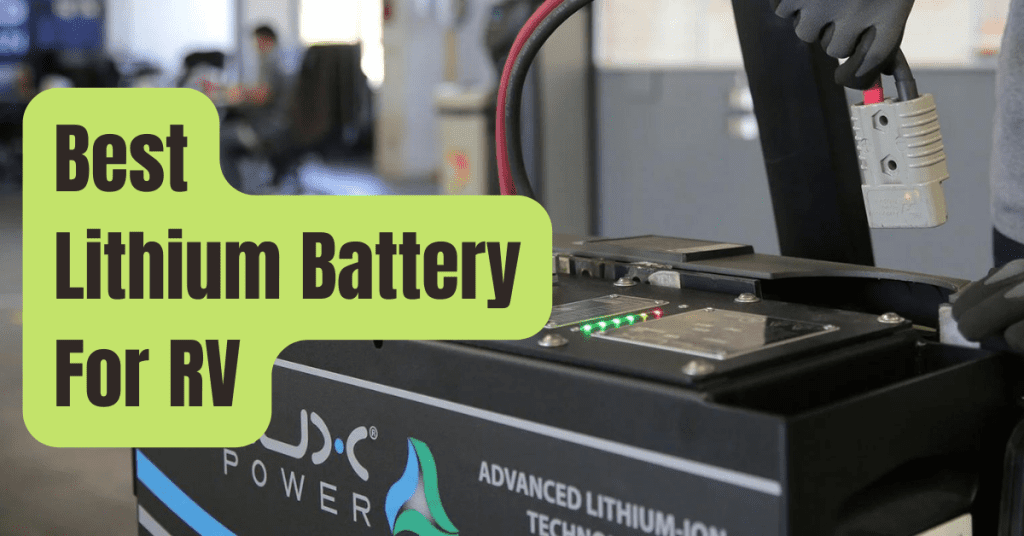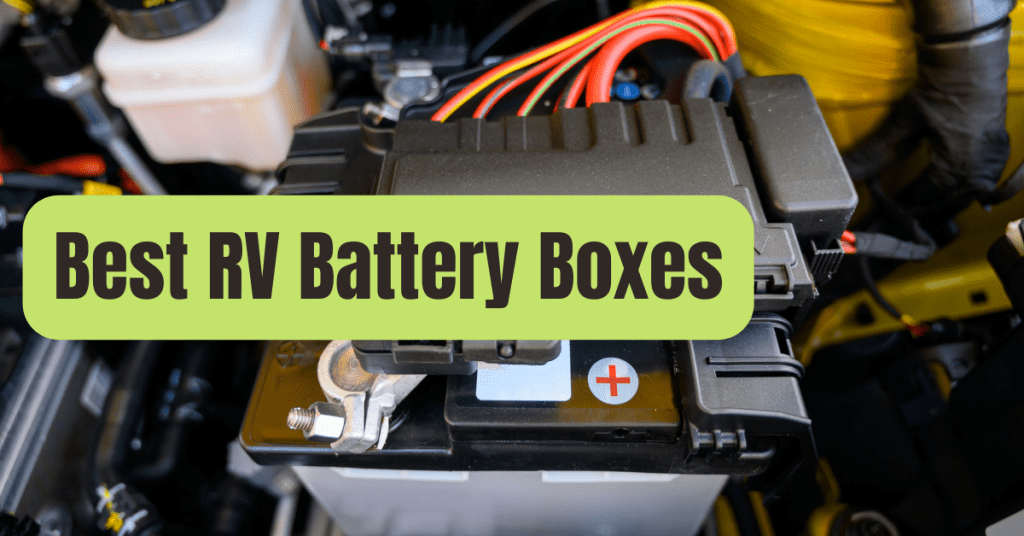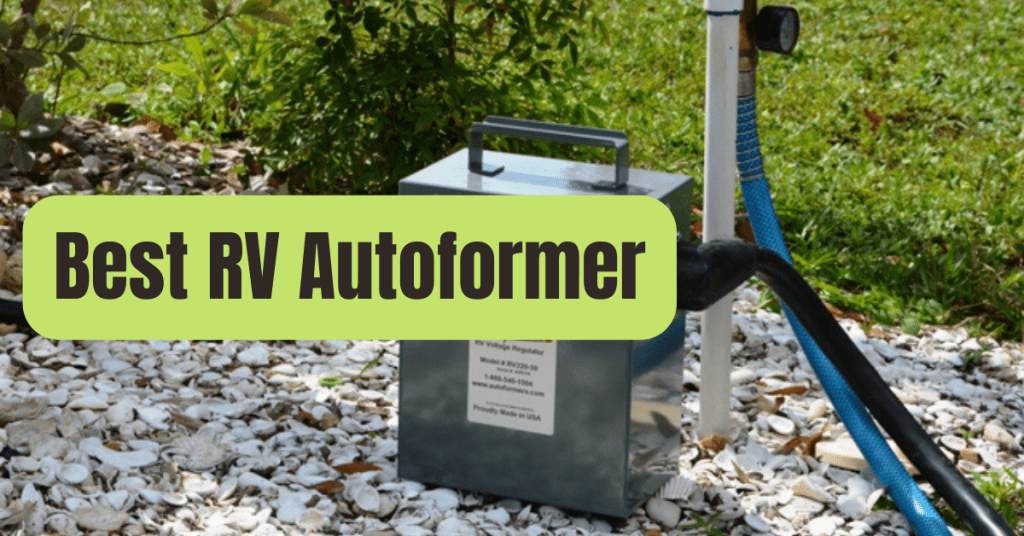Does an RV converter need a battery to operate? This is useful information to have, particularly if you run out of batteries in the midst of a camping trip.
Read more about it here!
Say you notice your RV battery is heating while you’re out camping.
Of course you need to unplug it immediately, but what comes next? Is it possible to go on with your camping vacation without buying a new battery? Is it OK to continue using shore power? Does an RV converter need a battery to operate?
You are not alone if you find yourself in this scenario.
Will an RV converter function without a battery? is a common question.
It’s complex, is the response.
This article explains the functions of your RV converter and battery in further detail and warns you against using your converter without a battery.
You’ll then be able to make your own decisions as a result.
101 RV Electrical
You should first get familiar with the electrical system of your RV.
Since the battery and converter are the topics of today’s article, we shall concentrate on them.
In a sense, an RV battery serves as a power storage unit.
While some campers may use solar panels to charge their batteries, most rely on being linked into shore power to recharge their RV batteries.
A 120-volt AC electricity enters the vehicle when you plug it in.
The air conditioner and microwave can both be powered by this current, however some important parts of your RV need a 12-volt DC current.
The converter is useful in this situation.
This AC current is changed by your converter into the DC current that powers your lights, refrigerator, and vent fans.
Your RV battery is then supplied with the DC current, which keeps it charged and ready to go.
Power is drawn from the battery whenever an appliance in your RV requires DC current to operate.
This is why you may use appliances like lights and fans even when you aren’t hooked into a power source as long as your battery is charged.
Does An RV Converter Need A Battery To Operate?
As a result, the DC power is stored in your RV battery.
This may make you think that a battery is required in order to utilize any device on your DC system, and it would be a sensible assumption to make.
Thankfully, that is untrue.
As long as you are hooked into shore power, an RV converter will continue to function even without a battery in place.
What’s the distinction? The converter will function to generate DC electricity on demand rather than storing it.
Because your RV will be connected in, you will also be able to fully use your 120-volt AC appliances.
This will power your lights, propane fridge, vent fans, and everything else on the 12-volt system.
The quick answer to the question “Will an RV converter operate without a battery?” is often yes.
Before doing this, you should consult the maker of your converter.
Before you start using your RV without a battery installed, there are a few more things to think about.
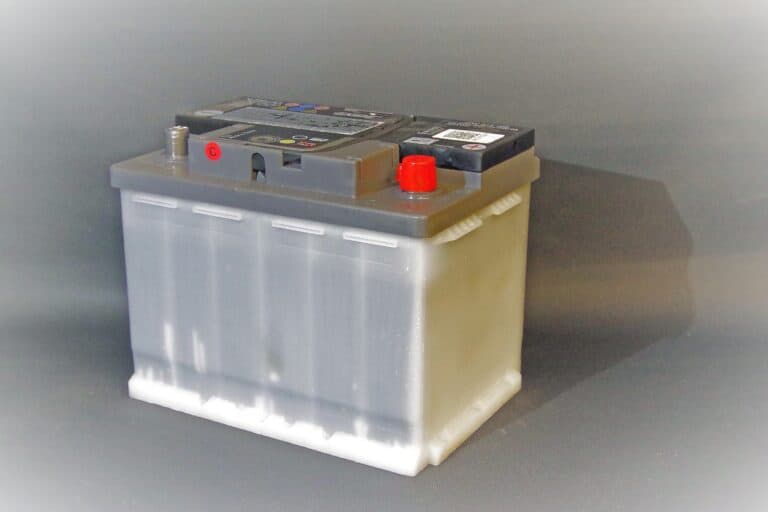
What To Know Before Removing The Battery From Your RV
Let’s discuss what you need to know before removing your RV batteries now that we’ve demonstrated that the converter will function even without a battery.
You might save a ton of money if you are aware of these things beforehand.
Shut Off The Battery Connectors.
It’s crucial to first understand that even if your battery isn’t connected, the converter will still charge it.
Your battery connections will thus continue to receive electricity as a result.
This might be quite harmful if the connections come into contact with anything metallic.
Because of this, it’s crucial that you use electrical tape or another material that doesn’t carry electricity to cover the connections.
This will protect both your safety and the security of your RV.
ASAP Swap Out The Battery
You could be tempted to forgo battery replacement altogether if you know that your converter will keep your RV functioning even without a battery.
This is not a wise choice.
You see, as we already explained, even in the absence of a battery, your converter will attempt to charge a battery.
Additionally, since the converter will see the nonexistent battery as being entirely depleted, it will always give out a full charge.
Additionally, while operating high-power DC appliances like the furnace fan or slide motors, the converter will need to make up for a shortage of stored DC power.
What does this all mean to you personally? The converter will likely need to be replaced sooner rather than later since it will have to work so much harder to complete the task.
While replacing a converter is often simple, installing a new battery is much simpler and less costly.

